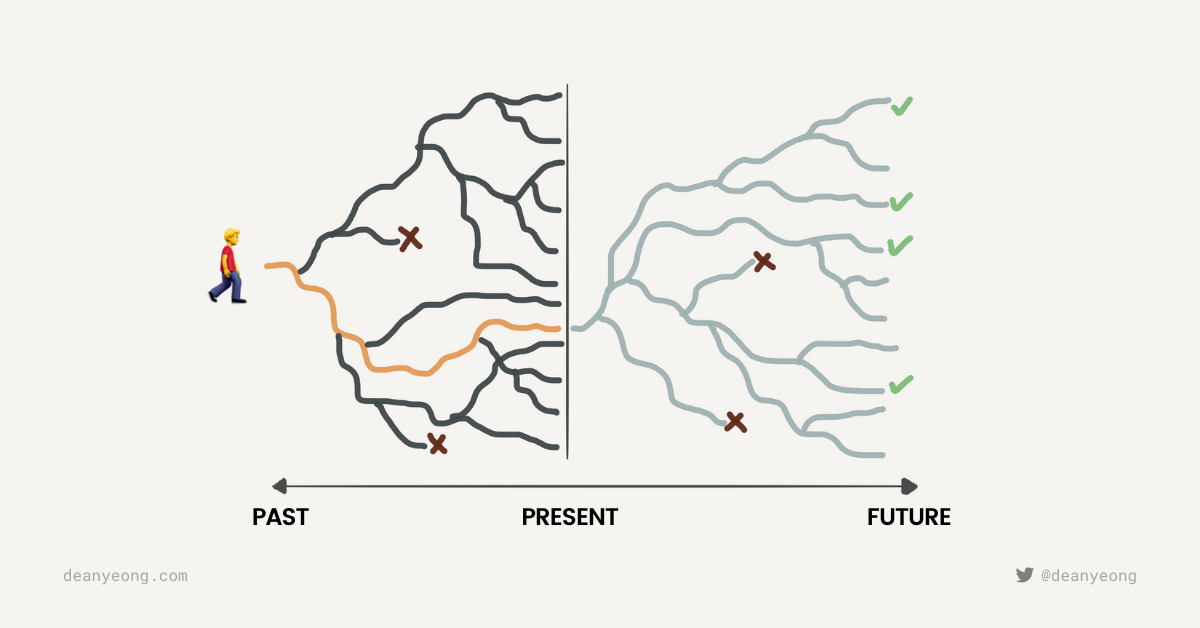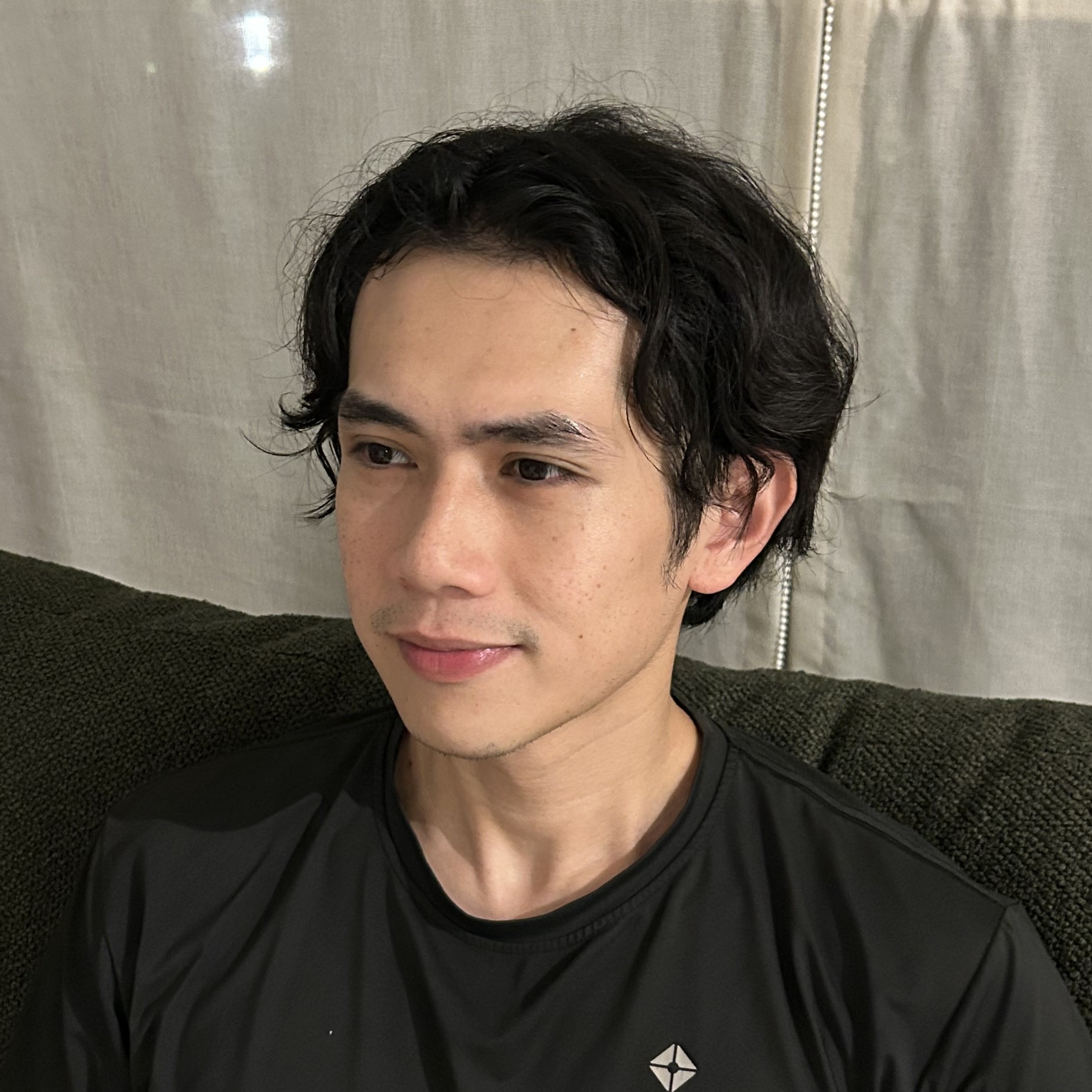Focus on Big Wins
The two types of decisions you want to get right before anything else
Every decision we make defines us in some way. And each of them pushes us in one direction or the other. The truth is, not all decisions are created equally.
Deciding which route to take to the office will get you to the same place. Yes, the views are different but the outcomes are the same. Deciding whether to do something illegal may put people in jail (or not). Deciding what to eat for dinner may sound like a question for this evening. But with time, this simple—but never easy—question has a huge impact on your waistline.

Even not deciding is a decision made—you chose to ignore it and let things run their course. Trying to make the best decision for all kinds of options we're facing every day will drive us insane. Even when it doesn't, it's counterproductive to try doing it.
To get ahead in life, you don't need to get every decision right. All you need is to focus on the big wins.
The two types of decisions to big wins
You're free to make as many small tweaks with your life as you like. While they keep you busy, it's more productive to focus on things that will put you on the path to big wins.
1. Upstream choices
The first type of big wins is what I called the upstream choices. They are choices that will change your course completely. They are the things that you want to get right—or better put, less wrong—as early as possible.
Any choice you make here leads you down to a different path compared to another. For example:
- The college major you pick will affects your future career path.
- The city you live in dictates the opportunities available to you (less true today but still important).
- The person you marry has a lot to do with your wealth and happiness.
To make a choice for this group of decisions, you first need to understand what you want and don't want. Next, figure out the consequences and tradeoffs of each available choice. And be ready to pay the price.
The process will help you realize that the grass is not always greener on the other side. And the realization prevents you from falling prey to the Paradox of Choice.
2. Compounding choices
The second type are choices that have a compounding effect. Often, they are your habits and routines such as your morning ritual and daily diet. They are easily ignored because the consequences—both good or bad—aren't immediate.
With time, these habits lead to high-stake outcomes:
- Sticking to a balanced, healthy diet improves our health and increases our lifespan.
- Smoking every day increases the chance of getting cancer a decade later.
- Practicing gratitude every day makes us happier and less stressed.
When these tiny actions start feeding onto themselves, they become a part of your identity and thus, your outcomes. Getting them right means setting yourself up to become who you want to be.
Limited resources for unlimited choices
In a perfect world, we'll have unlimited resources for all the options available to us. But in the real world, we have limited time and energy for a vast number of choices.
By focusing on the upstream and compounding choices, you make moves for big wins instead of optimizing for trivial improvements. To give you a few examples:
- To save more money, improve your credit score so you get a better mortgage rate (upstream) rather than collecting cash vouchers.
- To get productive, develop a system to manage inputs and outputs (compounding) instead of hopping between the latest productivity app
- To become energetic, optimize your sleep environment and routine (both upstream and compounding) is more effective than trying out random bio-hacking tactics.
Before you make the next move, figure out and focus on the upstream and compounding choices.
Overcoming the habit of being indecisive
While it may sound scary to make the wrong decisions, remember that we can always change course—as long as we have time.
It's okay if you've made some dumb mistakes along the way, all you need is to make a better decision next time around. And the only way to ensure the "next time" comes around is to stop wasting too much time not deciding.


